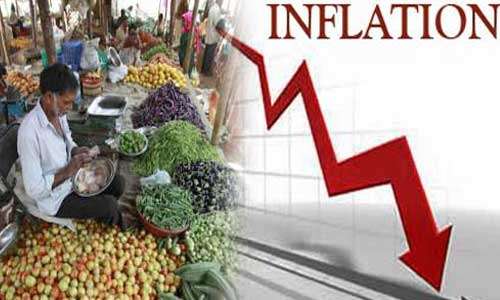Ghana has failed to meet it’s inflation target of 8 percent for last year. Ghana’s Statistical Service released data which showed that inflation for last December increased marginally to 9.4 percent.
This means that in December 2018 prices of goods and services went up slightly compared to the rate of 9.3 percent recorded in November 2018.
Inflation refers to an overall increase in the Consumer Price Index (CPI), which is a weighted average of prices for different goods.
The non-food group, recorded a year-on-year inflation rate of 9.8% in December 2018 as compared to 9.7% for November 2018.
Acting Government Statistician David Kombat told journalists in the capital Accra that four subgroups of the food and non-alcoholic beverages group recorded inflation rate higher than the group’s average rate of 8.7%.
“Transport recorded the highest inflation rate of 13.6%, followed by Recreation and culture with 13.2%, while Clothing and footwear recorded 13.0%. Furnishings, household equipment and routine maintenance recorded 11.6% of inflation, miscellaneous goods and service recorded 10.0% of inflation,” he added.
“In December 2018, the year-on-year inflation rate for imported items was 11.1% which is 2.4% points higher than that of locally produced items which were 8.7%,” Mr Kombat revealed.
Mr Kombat stressed that “The price drivers for the food inflation rate were coffee, tea and cocoa which recorded inflation of 13.5%, fruits recorded 11.4%, while meat and meat products recorded 10.9%. Mineral water, soft drinks, fruit and vegetable juices recorded inflation of 9.2%”.
Source: Africafeeds.com



